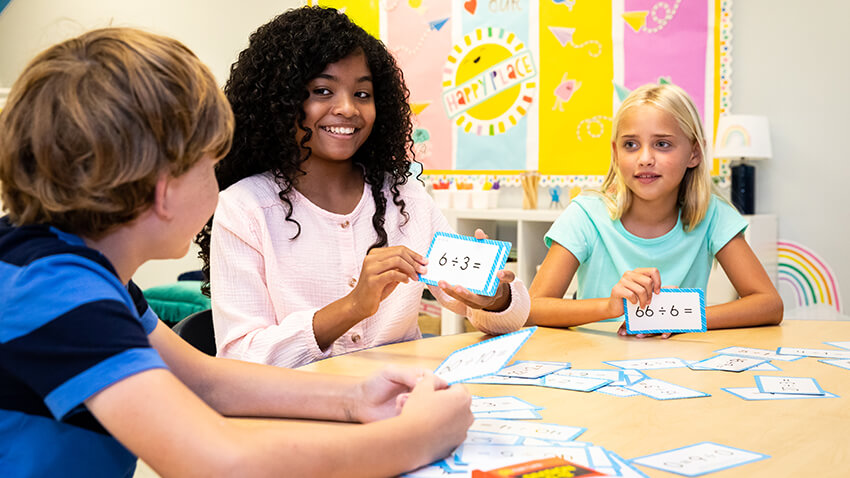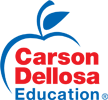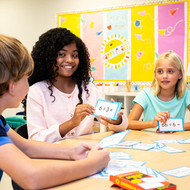Studying 101: Why flash cards work
Apr 1st 2022

Educational flash cards are an age-old method for improving students’ abilities to recall information and understand concepts. There’s a reason flash card are just as popular today as they ever were — they do their job, and they do it well. Teachers often use this technique when introducing a new topic, while many students use it as a go-to method when studying for exams and assessments. When helping your children study at home, educational flash cards can become your best friend and favorite tool. Let’s take a closer look at how flash cards actually help your children learn and how you can use this classic technique.
Why Do Flash Cards Work?
When used correctly, flash cards allow students to interact with information in a way that makes it easier to retain. Flash cards are strategically designed to enhance and encourage active recall. The format, usually a question on one side of the card and the answer on the other, requires learners to look at one side and recall the information from the other side.
Practicing active recall creates stronger neural connections in the brain — making it a very effective method for improving memory. If your child struggles with certain flash cards, you can repeat those questions more frequently than the other cards to establish a better connection. This process is called confidence-based repetition, and scientific research shows it to be an extremely effective way to improve memory.
As your child engages active recall and confidence-based repetition, flash cards allow for another process called spaced repetition. This technique states that spacing out intervals between studying the same information again will increase the chances of recalling that information, and flash cards do this naturally. As you run through your deck of cards, there will be a natural space of time before the same card appears again. Repeating that information after a period of time helps create permanent memories, whereas cramming and forcing the information in a short time doesn’t help it to stick. Flash cards also further develop children’s meta-cognition, when they judge their own performance based on the number of cards they “get right” or remember.
Perhaps one of the greatest perks of flash cards is that your child can use them without support. Instead of being reliant on another person to ask questions or track answers, you can encourage your child to study independently with flash cards.
Different Ways to Use Flash Cards
Since we are all wired differently, the learning tactics and methods that are effective will vary with each individual. Flash cards are extremely versatile, so there’s no one right way to use them. Experiment with different ways of employing flash cards to see which learning methods work best for your child:
- The Memory Game
- The Matching Game
- The Passing Game
- Digital Flash Card Apps
- Visual Learning
To take advantage of all that educational flash cards for kids can offer, here are some valuable tips:
- Shuffle the flash cards each time you use them to ensure they are sorted in a different order each time.
- As you test your child, sort the cards into “I know” and “I don’t know” piles. This will help you identify which concepts your child needs to put more attention toward.
- Review the cards your child doesn’t know more than once. Repetition is key.

